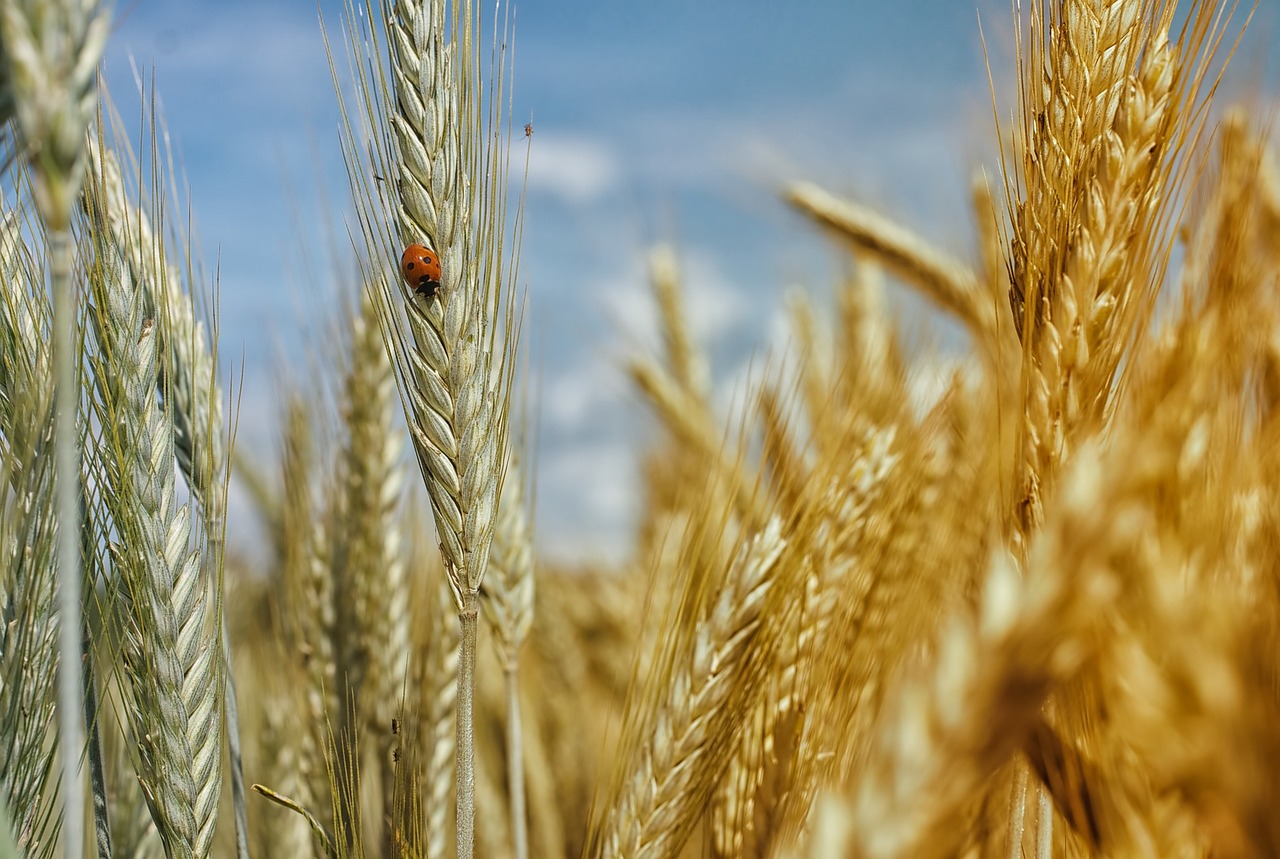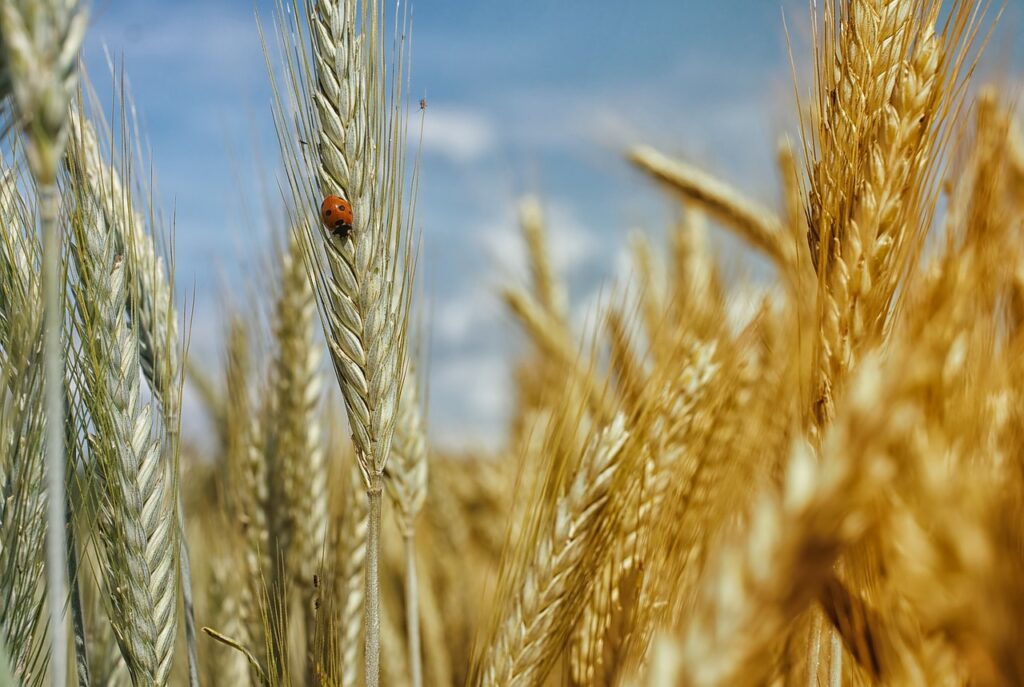
Image: Pixabay
After two weeks of continuous heavy rain, a farmer surnamed Chen in China's Henan province examines crooked stalks of saturated wheat in soggy fields that will take days to dry before harvesting can begin.
The rains are also causing the grains of your wheat crop to begin sprouting earlier, which, more importantly, means the grain will produce lower quality flour unsuitable for pasta or bread. This could mean that a large portion of the harvest ends up being sold as less valuable animal feed or even abandoned. “Look, all this wheat has sprouted,” Chen told Reuters, dumping grain into his hand as he stood in his fields about 40 km (25 miles) north of the city of Zhumadian. Chen plants about 2 acres (0.8 hectares) of wheat every year.
{module Form RD}
About a third of China's wheat is grown in Henan province, earning it the nickname China's breadbasket. With about 30 million metric tons expected to be affected nationally by the rains, out of a forecast bumper crop for all of China of 137 million metric tons, the losses could mean increased grain imports for the world's biggest wheat consumer.
About a third of the wheat in southern Henan has sprouted, said a combine driver who operates at a nearby farm and who headed to northern Anhui province last week. He declined to give his name.
The rains have also affected neighboring provinces such as Anhui, Shanxi and Shandong, although it is too early to say how extensive the damage is, but it could increase the need for more grain overseas. “Wheat imports to China are already rising. If there is crop damage… then it is likely that China will need to increase its imports next year. So obviously this would have an impact on global prices and an impact on markets,” said Darin Friedrichs, co-founder of Shanghai-based Sitonia Consulting.
However, China's large grain stocks should buffer against any impact on food prices, he said.
Any increase in imports would also come at a time when the El Nino weather pattern is expected to drastically reduce production in top wheat producer Australia and as the ongoing war in Ukraine continues to reduce its grain exports.
A DISASTER
For farmers like Chen, income will be affected. China's Agriculture Minister Tang Renjian visited Zhumadian and other affected areas this week and called for "extraordinary measures" to harvest wheat, according to a ministry statement on Monday.
The Henan government is asking insurance providers to cover damage caused by early sprouting and quickly settle claims, the ministry said. It also ordered grain buyers in the state to purchase inferior quality wheat at above-market prices.
A Xiping grain dealer surnamed Wang is paying farmers 2,100 yuan (US$ 295) per metric ton of sprouted wheat, about 75% of the market price of edible wheat. The wheat grains she bought have more or less sprouted, Wang said. “These (sprouted) wheats taste bad because they are sticky and don’t mix well to make dough.” But for wet wheat not yet harvested, the price could be even lower unless it dries soon. Just three-quarters of Henan's crop was harvested on Tuesday, compared with 90% in the same period last year, according to state media.
Farmers are digging trenches or using pumps to drain water from their fields so the harvest can begin. “I think we will have to wait four or five days before harvesting,” Chen said. “This is really a disaster.”
Source: Seane Lennon | agrolink













